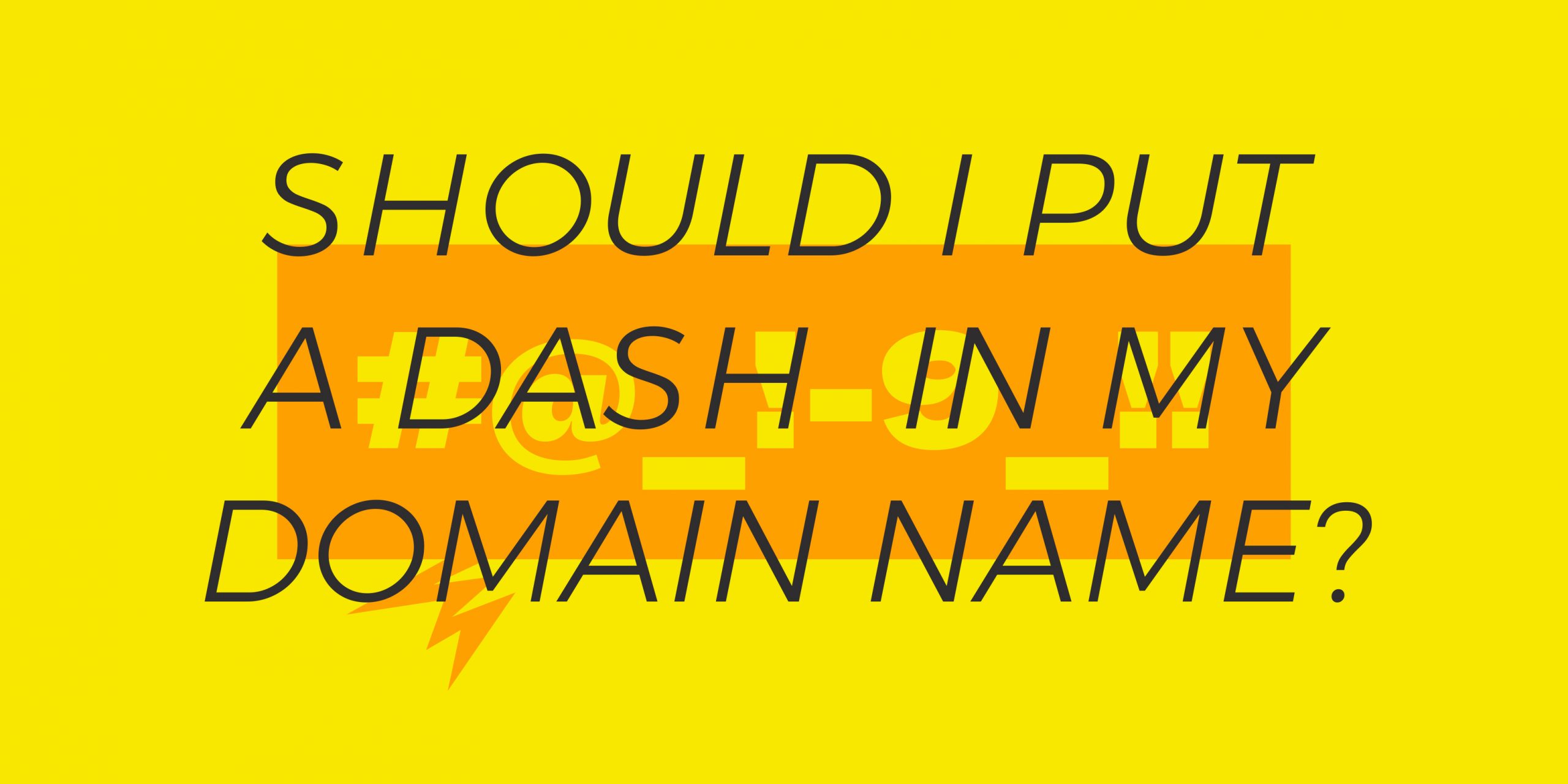by Alisha Shibli
Creating an online store has become a lot easier over the years. With the emergence of several online tools, web hosts, and tracking mechanisms, anyone can now become the proud owner of an online store.
But with great ease comes great competition. Not everyone has big budgets to spend on buying digital ad space or the technical prowess to create a stunning, streamlined website.
The bright side, though, is not everyone needs to have deep pockets or be tech-savvy to create a successful online store. Here are five tips to arm you with everything you need to set up your eCommerce business that drives actual sales without burning a hole in your pocket.
1. Find your niche
Selling products that you personally believe in and that have a market need is a great way to get started. At the end of the day, you want to sell products that will rake in profits. Consider the following aspects when choosing a niche:
(i) Pricing
Selling low-cost products will greatly bring down your profit margin while products that are too expensive can dissuade shoppers. There is no foolproof formula for the right price but you should ideally sell products that fall in the range that’s acceptable to your target audience. Keep in mind that the time, money, and effort you put into packaging and shipping is more or less the same whether the product costs $20 or $100.
(ii) Brand loyalty
As a new entrant, it might be hard to compete with well-established brands that have garnered a large number of loyal customers over the years. So, look for a category where you have fewer big brands to compete with. Check the product reviews to gauge the popularity of those brands and position your products accordingly.
(iii) Demand
Ensure that there is a market for your product and people are interested in buying what you want to sell. One simple way to do that is to run a quick keywords search in Google Ads for your product or its category to see how many people are searching for it online.
2. Draw your marketing strategy
Depending upon your budget and the niche you have decided on, you need to pick a marketing strategy that is cost-effective but drives maximum traffic to your storefront. Here are a few ways to do that:
(i) SEO
SEO is one of the most effective ways of driving traffic to your online store. Find the popular keywords for the product category that you are selling, optimize your website and content with those keywords, and over a period of time improve your search engine ranking.
However, climbing up the ladder of the Search Engine Results Page (SERP) can take several months, even years if you’re trying to break into a popular category. Start by enriching your website content, including tags and image captions, with your focus keywords.
You can also create high-quality content around your category and earn backlinks to your website, which sends a positive signal to search engines and boosts your search ranking.
(ii) Paid marketing
Paid marketing involves buying ad space on search engines and social media platforms such as Facebook and Instagram. Paid ad placements have a high conversion rate and allow you to target the right customer segments.
However, they can be quite expensive and require you to invest money upfront. Paid marketing works well for products that are visually appealing and capable of enticing customers with beautiful imagery. Products should also have attractive pricing that triggers impulsive buying, followed by a simple checkout process so that the buyer doesn’t become disinterested.
3. Pick a great domain name
What’s in a domain name? A lot more than you can imagine! Finding the perfect domain name for your online store is no small feat. It needs to be:
Unique: It should make you stand apart from your competitors and pique the interest of your customers.
Relevant and definitive: Anything too vague or cryptic will cause your potential customers to take their business elsewhere.
Easy to spell and remember: A good name for an online store is one that passes the radio test, i.e., people are able to remember and spell it correctly after hearing it for the first time.
Short and straightforward: It should ideally not be more than two words. Avoid using numbers, special characters, and modified spellings as they make your name less searchable and prone to being misspelled.
It may seem like a lot to find a domain name that checks all the boxes. However, with new domain extensions such as .store you can get a domain name that is perfect for your business. The word ‘store’ is associated with a place where you go to make a purchase. A domain name like www.postcardprint.store would tell customers that the website is a store for printing postcards.
Being a relatively new domain extension, domain names are not only available on .store but these domain names also help you build a credible brand over a period of time.
4. Create your online store
There are several ways you can have your online store up and running within a day:
Standalone online store: Shopify is one of the most popular eCommerce platforms that can handle everything on your behalf, from choosing a template to adding products and payment methods.
Built-in store: If you already have a website and wish to add an online store to it in order to sell products relevant to your content, you can opt for tools such as WooCommerce.
Store hosted on a different eCommerce platform: If you don’t have the skills or the budget to create your own website, you can start by hosting your product pages on platforms such as Amazon, Etsy or eBay.
The advantage of these platforms, especially Amazon, is that they are already popular among online shoppers and cater to a wide variety of interests and product categories. If you choose to go this route, treat your product pages just like you would your own website. Use high-quality images, catchy headlines, and keyword-rich content to describe your products. Improve your ratings by asking customers for reviews.
5. Build momentum
Once you have your store all set up, start directing your energy towards making your first sales. This will require you to get creative and even spend some initial money on marketing. Here are a few ideas you can start off with:
- Ask your friends and family to leave positive ratings and reviews for your products on your own website and social media pages and/or on Amazon (depending upon what kind of store you have).
- Reach out to your media or influencer network and ask them to post content that promotes your products or your store on their platforms. You could also connect with websites with good reputations or who can speak with authority and ask them to link back to your product pages.
- Test out different kinds of paid campaigns on search engines and social media platforms to find out what customers are responding to.
- Engage with all of your customers and encourage them to give you feedback. Once you have your first few customers, and if they have had a good experience, use incentives like discounts or free shipping on next purchases to encourage them to leave reviews and refer you to their friends and family.
Once you have gained this initial momentum, you will be better equipped to create a scalable business model since you’ll have a better understanding of what works and what doesn’t to help inform future decisions.
Conclusion
When it comes to building a successful online store, it is all about making plans and strategies and putting them into action. Start small and take it one step at a time and in no time you will have a successful eCommerce store.
Alisha is a Content Marketing Specialist at Radix, the registry behind some of the most successful new domain extensions, including .store and .tech. You can connect with her on LinkedIn and Twitter.




